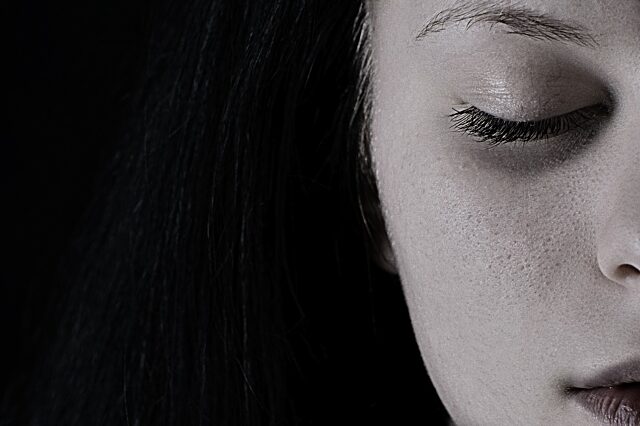5 Must-Read Mental Health Awareness Books
1 in 5 adults in the U.S. experiences mental illness in a given year. These adults are friends, mothers and fathers and spouses. They work beside you and bag…

Update your location to show providers, locations, and services closest to you.
Major depression with psychotic features is a mental disorder in which a person has depression along with loss of touch with reality (psychosis).
Psychotic depression; Delusional depression
The cause is unknown. A family or personal history of depression or psychotic illness makes you more likely to develop this condition.
People with psychotic depression have symptoms of depression and psychosis.
Psychosis is a loss of contact with reality. It usually includes:
The types of delusions and hallucinations are often related to your depressed feelings. For example, some people may hear voices criticizing them, or telling them that they don't deserve to live. The person may develop false beliefs about their body, such as believing that they have cancer.
Your health care provider will perform a physical exam and ask questions about your medical history and symptoms. Your answers and certain questionnaires can help your provider diagnose this condition and determine how severe it may be.
Blood and urine tests, and possibly a brain scan may be done to rule out other medical conditions with similar symptoms.
Psychotic depression requires immediate medical care and treatment.
Treatment usually involves antidepressant and antipsychotic medicine. You may only need antipsychotic medicine for a short period of time.
Electroconvulsive therapy can help treat depression with psychotic symptoms. However, medicine is usually tried first.
This is a serious condition. You will need immediate treatment and close monitoring by a provider.
You may need to take medicine for a long time to prevent the depression from coming back. Depression symptoms are more likely to return than psychotic symptoms.
The risk for suicide is much higher in people with depression with psychotic symptoms than in those without psychosis. You may need to stay in the hospital if you have thoughts of suicide. The safety of other people must also be considered.
Contact your provider right away if:
If you or someone you know is thinking about suicide, call or text 988 or chat 988lifeline.org. You can also call 1-800-273-8255 (1-800-273-TALK). The 988 Suicide and Crisis Lifeline provides free and confidential support 24/7, anytime day or night.
You can also call 911 or the local emergency number or go to the hospital emergency room. DO NOT delay.
If someone you know has attempted suicide, call 911 or the local emergency number right away. DO NOT leave the person alone, even after you have called for help.

American Psychiatric Association website. Depressive disorders. Diagnostic and Statistical Manual of Mental Disorders. 5th Edition, Text Revision (DSM-5-TR), Washington, DC: American Psychiatric Association Publishing; 2022.
Fava M, Østergaard SD, Cassano P. Mood disorders: depressive disorders (major depressive disorder). In: Stern TA, Fava M, Wilens TE, Rosenbaum JF, eds. Massachusetts General Hospital Comprehensive Clinical Psychiatry. 2nd ed. Philadelphia, PA: Elsevier; 2016:chap 29.
1 in 5 adults in the U.S. experiences mental illness in a given year. These adults are friends, mothers and fathers and spouses. They work beside you and bag…
